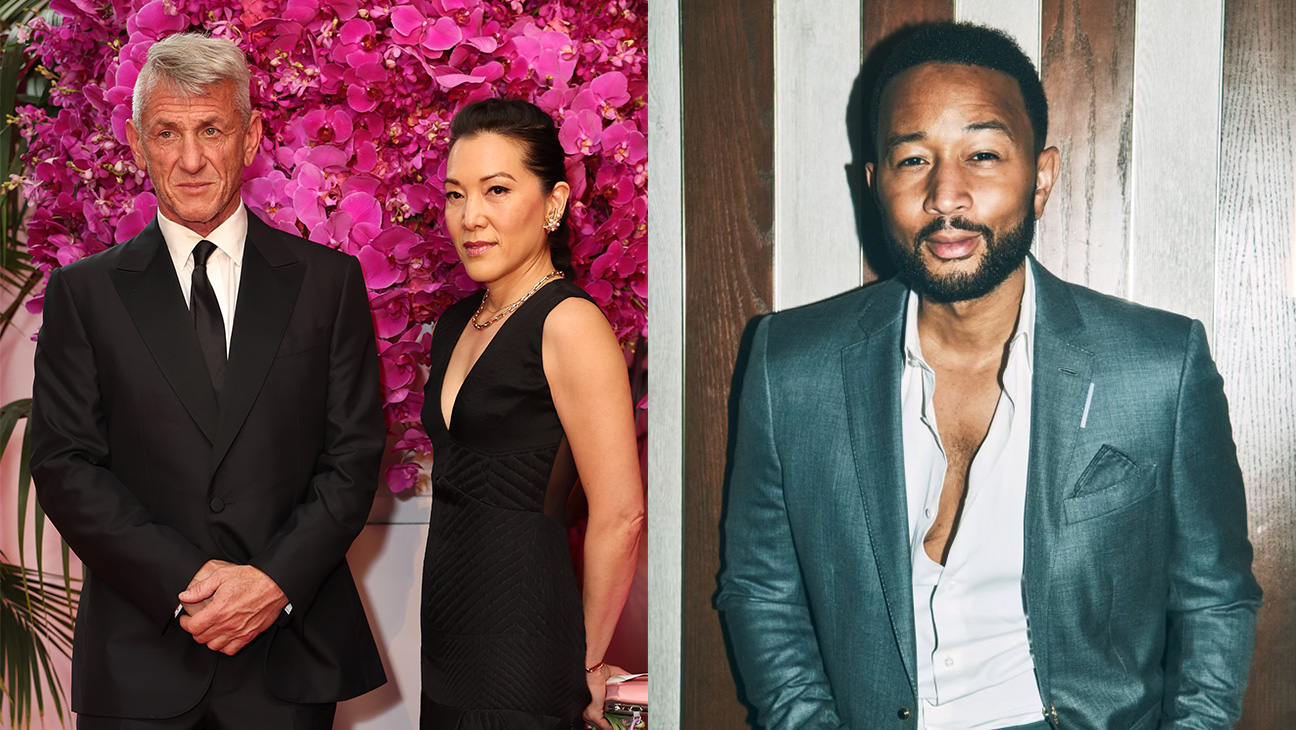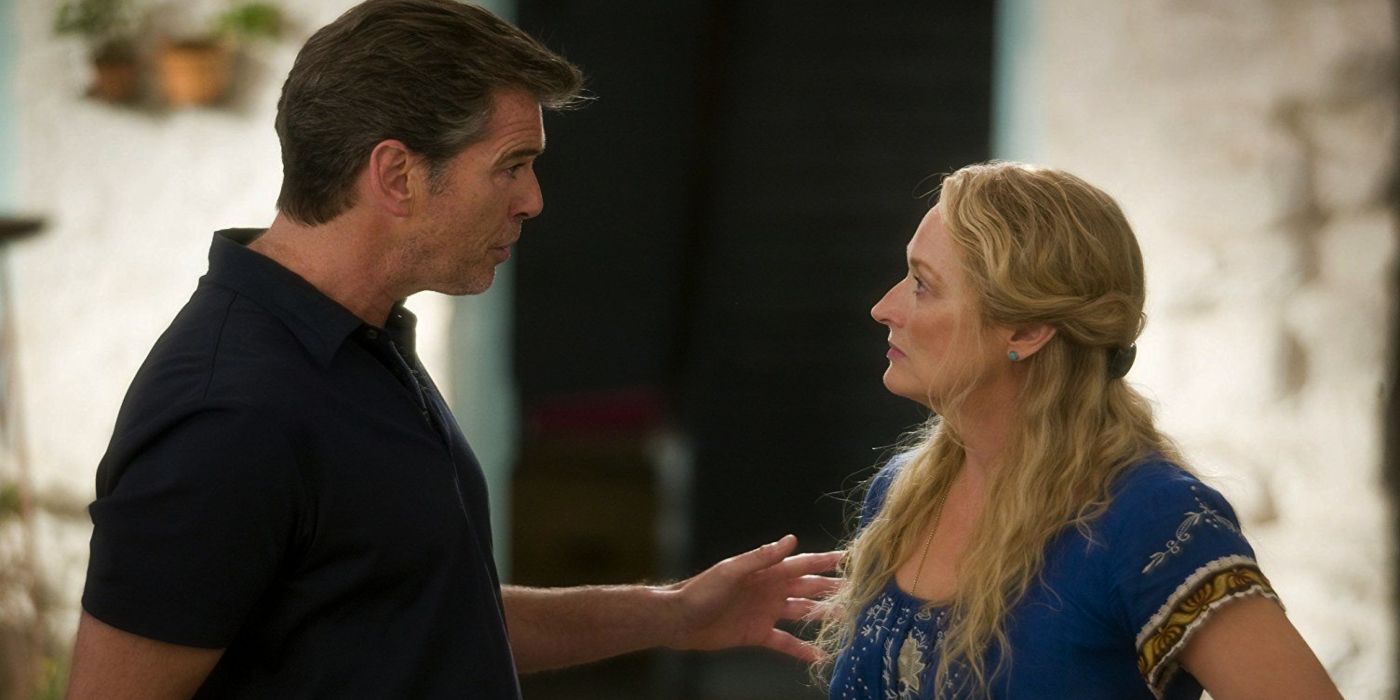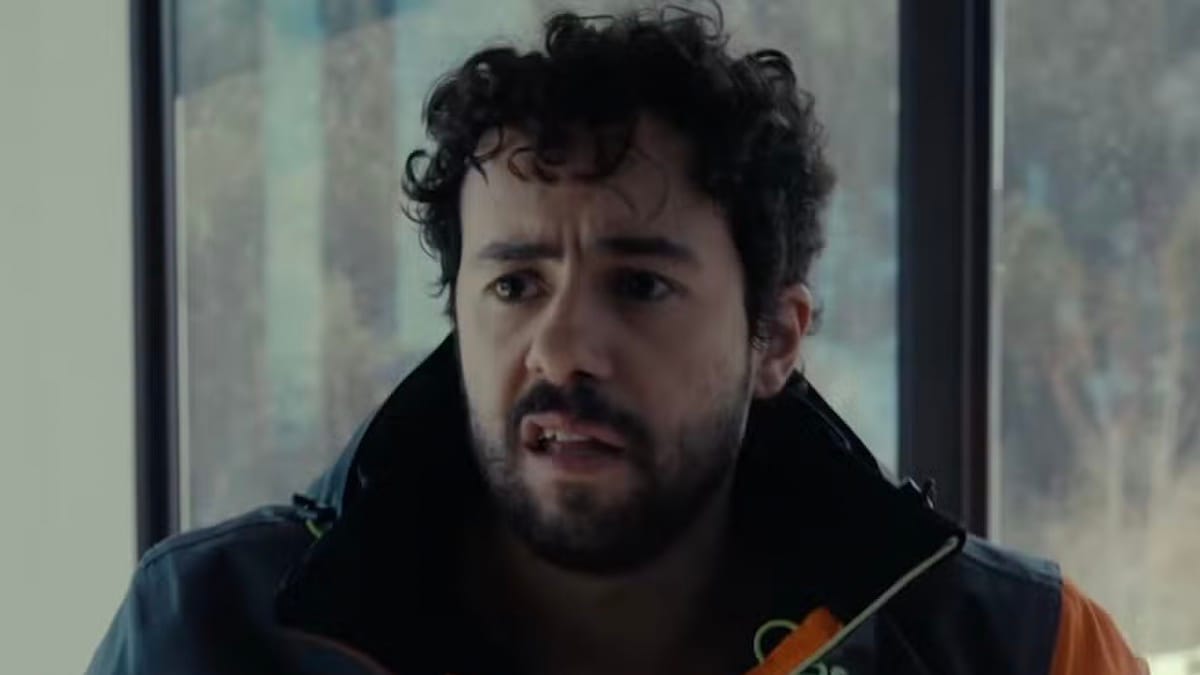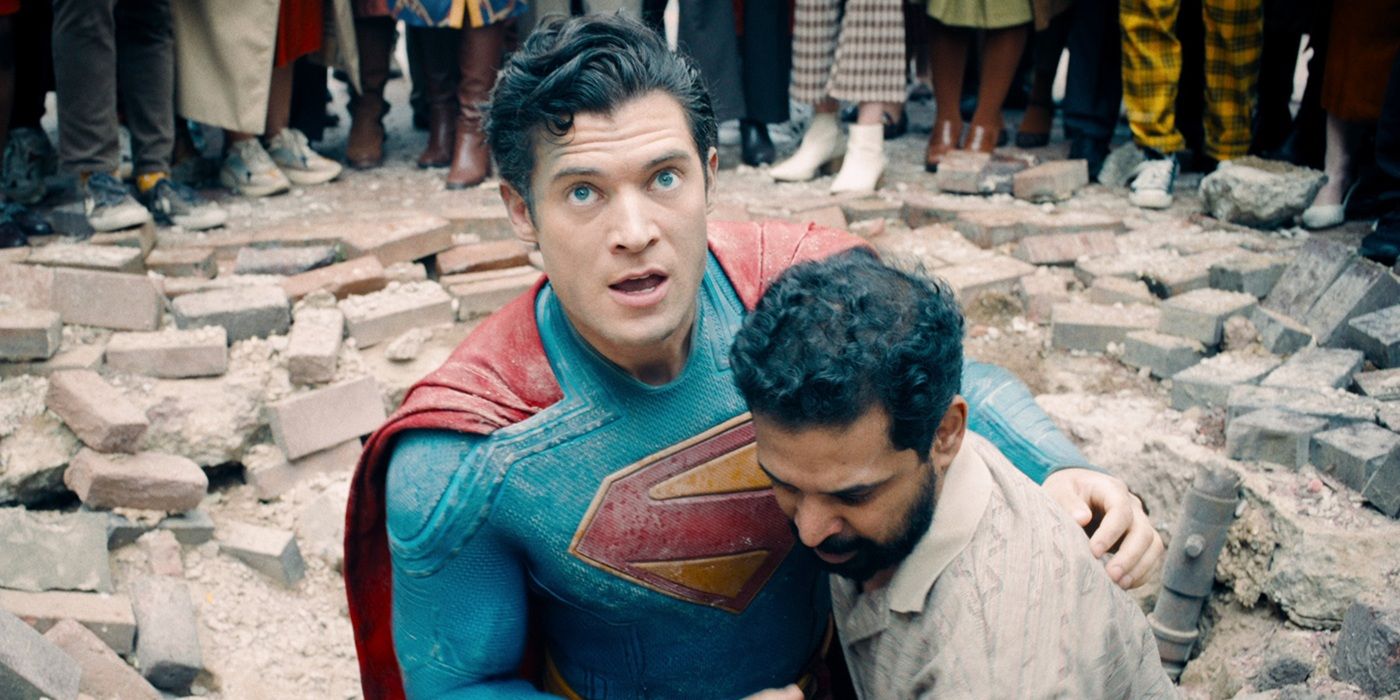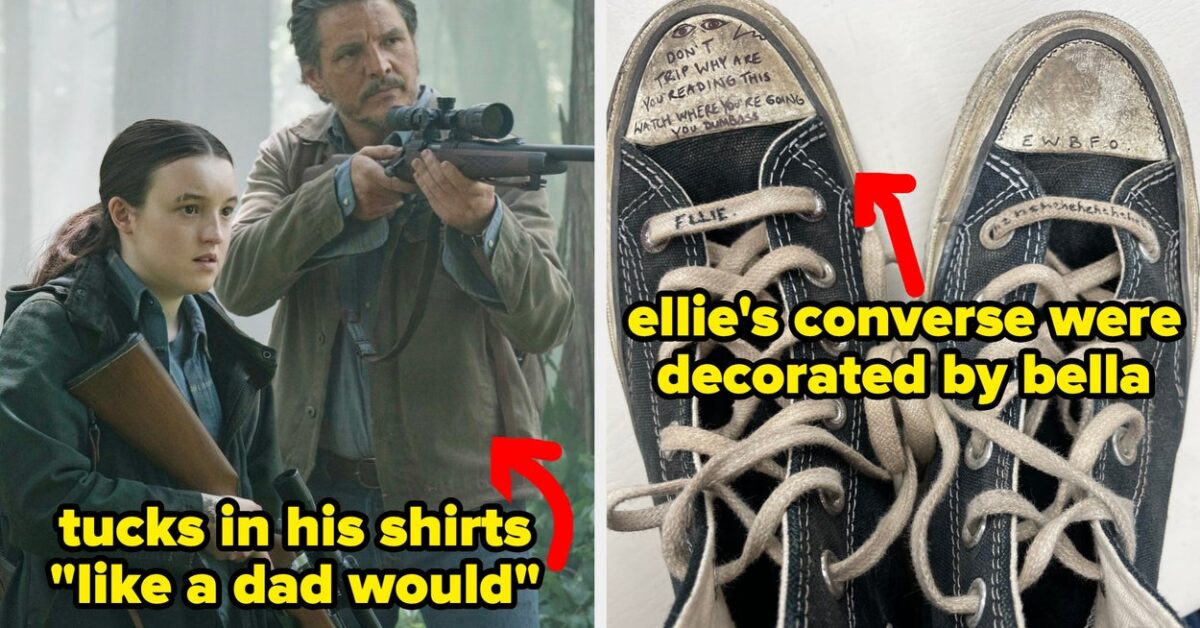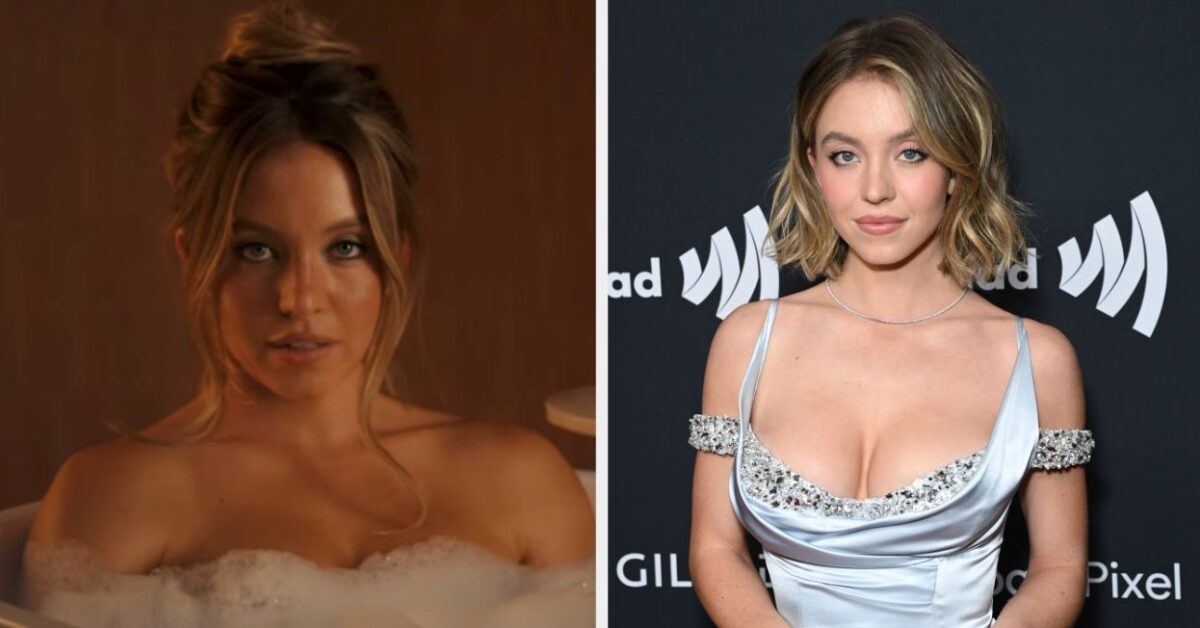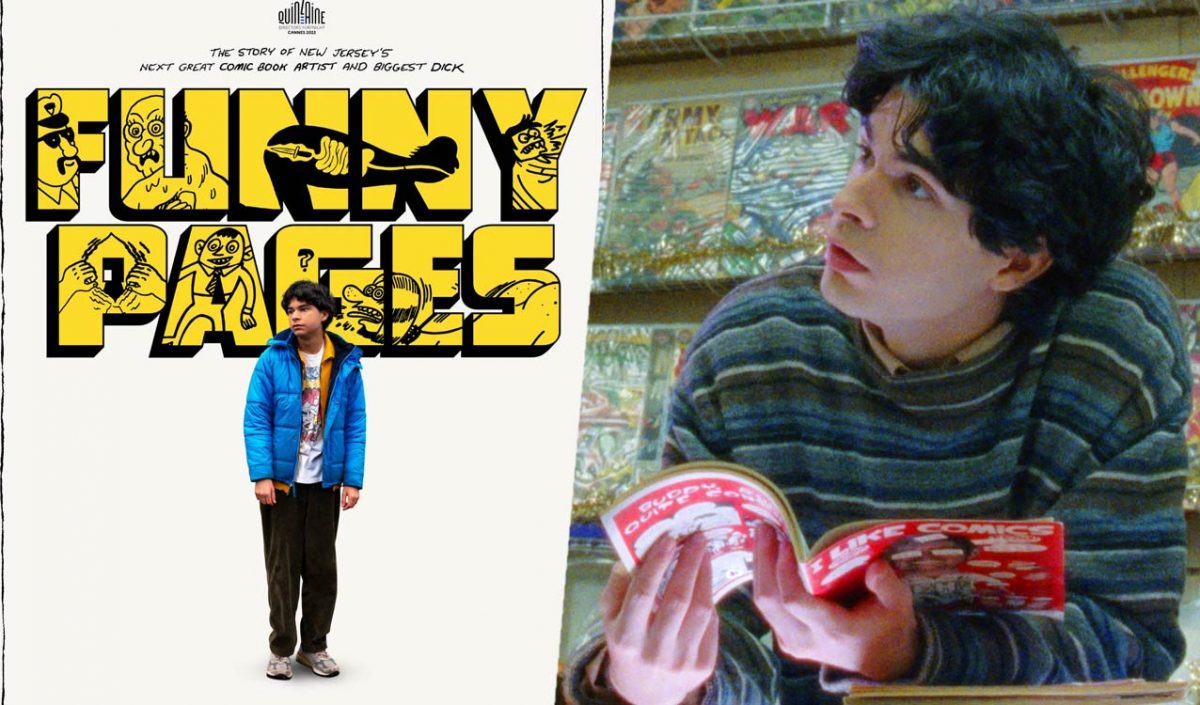
‘Funny Pages’ Director Owen Kline On Underground Comics and Frantic Faces [Interview]
Dec 13, 2022
Rambunctious and rough-textured in ways reminiscent of the independent filmmaking boom that had fully erupted out of New York City by the mid-late 2000s, “Funny Pages” is the debut directorial feature by Owen Kline, previously best known for co-starring in one such film from that era.
In Noah Baumbach’s painfully semi-autobiographical “The Squid and the Whale,” about a middle-class New York family torn asunder by divorce, Kline played the 12-year-old brother of Jesse Eisenberg’s neurotic teen; his character’s compulsive habit of masturbating in public added to the film’s already-laudable cringe factor. With that early role on his resume, it perhaps follows that “Funny Pages” (in theaters and on VOD August 26, via A24) occupies a similarly fraught middle ground between caustic dark humor and self-reflexive upper-middle-class caricature.
READ MORE: ‘Funny Pages’ Review: Owen Kline Examines The Limits Of Privilege In Sharp New Comedy [Cannes]
But Kline, now 30, didn’t travel a direct path back to the big screen, and his invigoratingly queasy first feature is informed more by teenage years exploring underground comics and assisting Josh and Benny Safdie as a crew member on their early short films than it is by his memories of acting for Baumbach (though Kline, son of Kevin Kline and Phoebe Cates, still considers that project his first brush with personal filmmaking).
Initially, Kline planned to become a cartoonist himself, before gaining experience on short films in college — at Brooklyn’s Pratt Institute — sent him swinging back toward moviemaking. Though he first started to write the script that would become “Funny Pages” about a decade ago, it wasn’t until Kline sent a draft to the Safdies’ Elara Pictures that it started to coalesce more completely.
READ MORE: ‘Funny Pages’ Trailer: Owen Kline’s Safdie Brothers Produced A24 Film Comes In August
Starring Daniel Zolghadri (“Eighth Grade”), “Funny Pages” focuses on Robert, a high school senior obsessed with the scuzzy underworld of small-press comix and their outsider artists, from Robert Crumb to Art Spiegelman. (Though both are acknowledged in the film, Kline often strikes a more niche note than that, such as during an early sequence of Robert flipping through pornographic Tijuana bibles from the ’50s as if studying the pages of some holy text.)
After the death of a boundary-pushing mentor (Stephen Adly Guirgis) who’d encouraged this subversive streak, Robert decides to drop out of school, seeking a more up-close and personal connection to the underground aesthetics he idolizes. Rejecting the socioeconomic leg-up afforded to him by a cozy suburban upbringing in Princeton, New Jersey, Robert buys a cheap car and moves into a diabolically grimy, overheated basement in nearby Trenton.
At a public defender’s office where he picks up a meagerly paid job inputting data, Robert meets Wallace (Matthew Maher), a recalcitrant and mentally unstable man who once worked as a color separator at Image Comics. Sensing an opportunity for mentorship from someone with industry experience, Robert begins to pursue Wallace, with increasingly chaotic consequences.
Below, Kline spoke about his initial discovery of underground comics, the art of behavioral comedy, and collaborating with legendary indie cinematographer Sean Price Williams.
This interview has been edited and condensed for clarity.
As a young artist growing up today, when did you first encounter underground comics, and what appealed to you about their styles, that DIY aesthetic?I always just looked for really singular voices. Before you have any grasp of Andrew Sarris and his definition of auteurism, before you read all that great literature in high school or they force it on you, you inherently pick up on that. For me, “Peanuts” was probably the first comic voice that I was drawn to. It was clearly one person doing it, every day. I caught the tail end of “Peanuts” in the papers; I remember cutting the last one out when he retired. The great thing about a newspaper’s comic-strip pages is that you get variety, in terms of different drawing styles, attitudes, and approaches. Like, “Doonesbury” never made sense to me. The drawing style was always too sophisticated; its sense of humor, and its politics, were too sophisticated.
You just see all these different voices, and they’re all coming from one pen. I mean, a lot of them had assistants, and people who were helping them ink, but they already had such established signatures. It was still coming from one person.
When I got around to reading superhero comics and tried to make that jump, first of all, they’re not funny. Second of all, it’s very hard to find a singular voice that really speaks to you, in superhero comics. I love the strong voices that do. I became interested in Alan Moore’s “Swamp Thing,” the original couple of those, and “The Saga of Swamp Thing,” [by Martin Pasko and Dan Mishkin.] They were rebooting an old character, with a point of view of someone who really had an angle and their own kind of personal relationship towards horror and science fiction. They just happened to be doing it through comics. I feel like if Alan Moore were a little bit older, he could have been like a Hammer horror director or something, and been a really interesting one.
Finding in the generic superhero comic shop that one long box of undergrounds was pretty revelatory, just for obvious reasons. Even more so than newspaper comics, it was like when you see an independent film for the first time and connect to it — one of those $30,000 Sundance movies, something small and personal, expressive and free. I felt like I did when I was a teenager at Anthology Film Archives, seeing the Cinema of Transgression and the Kuchar brothers, homemade and handmade things. Even seeing George Kuchar’s comics in [this magazine,] Arcade, they were San Francisco filmmakers, and he was an underground cartoonist and filmmaker. I was seeing his voice through the pen, and behind the camera, [made me value] individual voices. It’s the element of comics in general that has always spoken to me, and it’s the same with movies.
Click over to page two for more of this interview.
Publisher: Source link
The Last Of Us Season 2 Costumes Behind The Scenes Facts Ann Foley
Speaking about working with the props department on creating the iconic bracelet, Ann said, "I knew Nevin [Swain, prop master for Season 2] was a genius when it came to creating these props. So he had somebody who built the…
Jun 3, 2025
Nobody Wants This Season 2 Premiere Date Revealed
Kristen first teased Leighton joining Nobody Wants This in February, noting her appearance alongside her real-life husband Adam—with whom she shares 9-year-old daughter Arlo and a 4-year-old son—will be a treat. “Leighton Meester is blessing us with her presence,” the…
Jun 3, 2025
"A New Level Of Low": People Did Not Hold Back When They Found Out Sydney Sweeney Is Selling Her Bathwater
I don't know what's going on anymore...View Entire Post › Disclaimer: This story is auto-aggregated by a computer program and has not been created or edited by filmibee.Publisher: Source link
Jun 2, 2025
Rihanna’s Dad Ronald Fenty Dead at 70
Rihanna and her family are in mourning. The pregnant "Diamonds" singer's dad Ronald Fenty has died, multiple outlets reported May 31. He was 70. While the cause of his death was not made public, he had recently battled an illness,…
Jun 2, 2025
